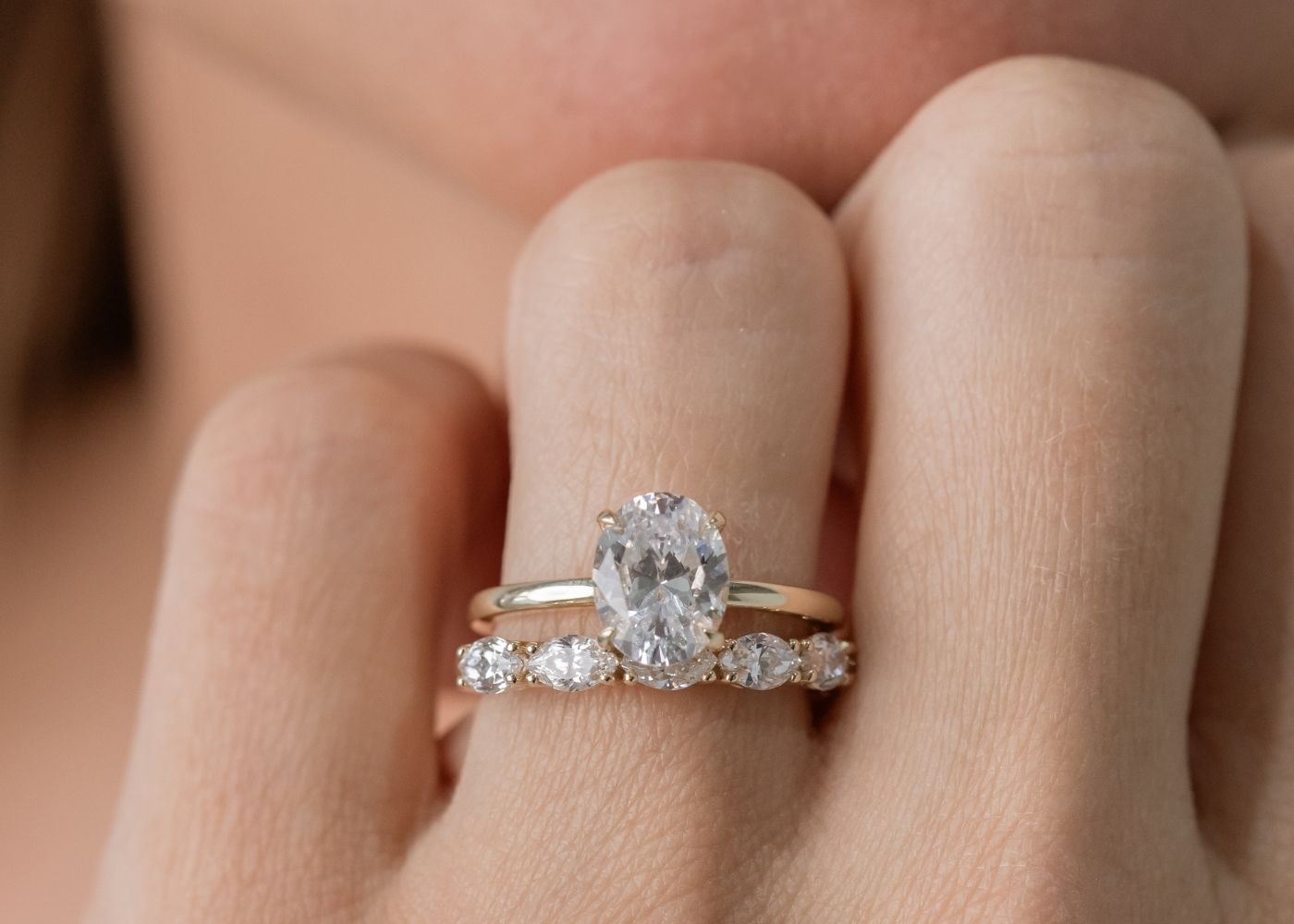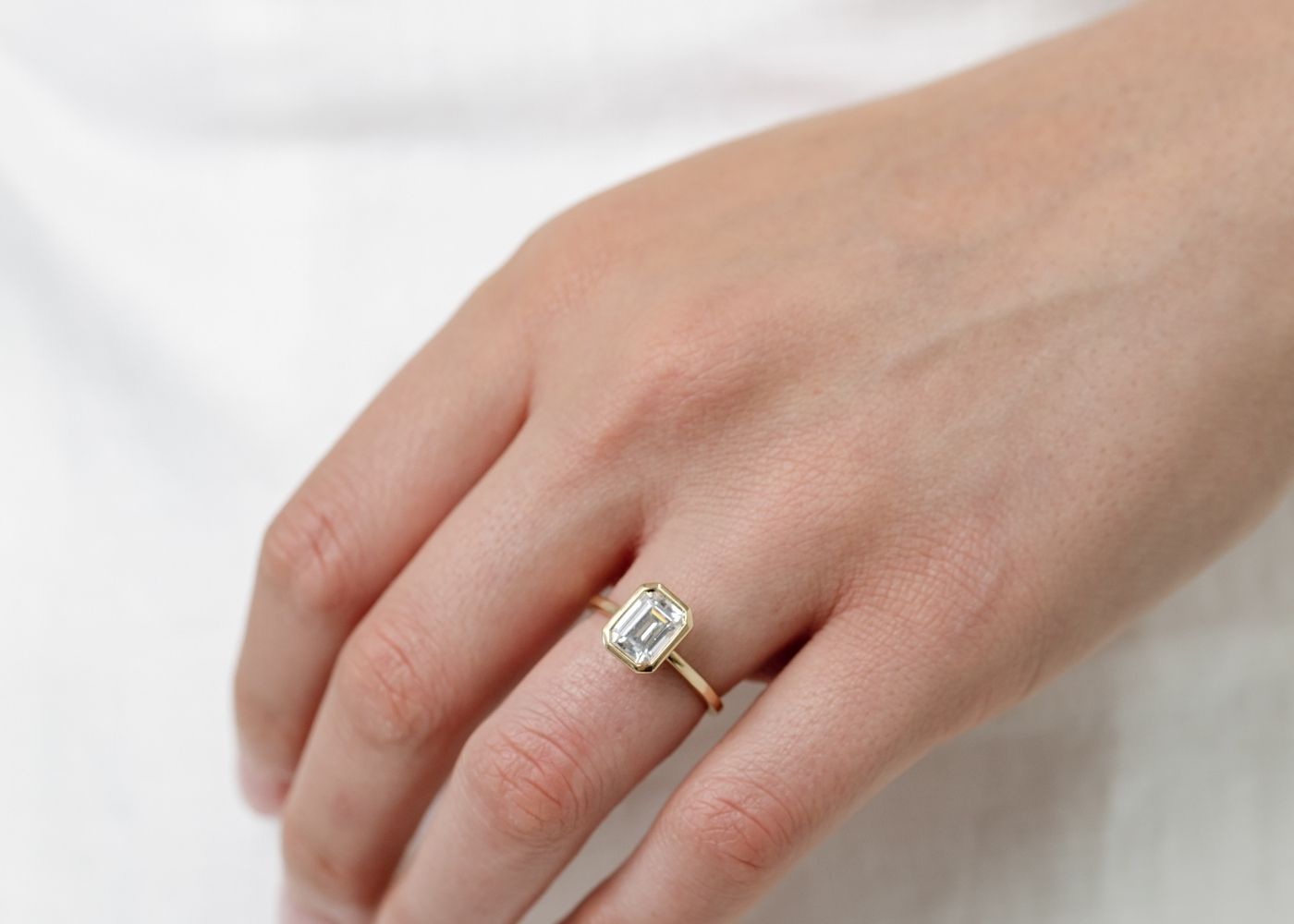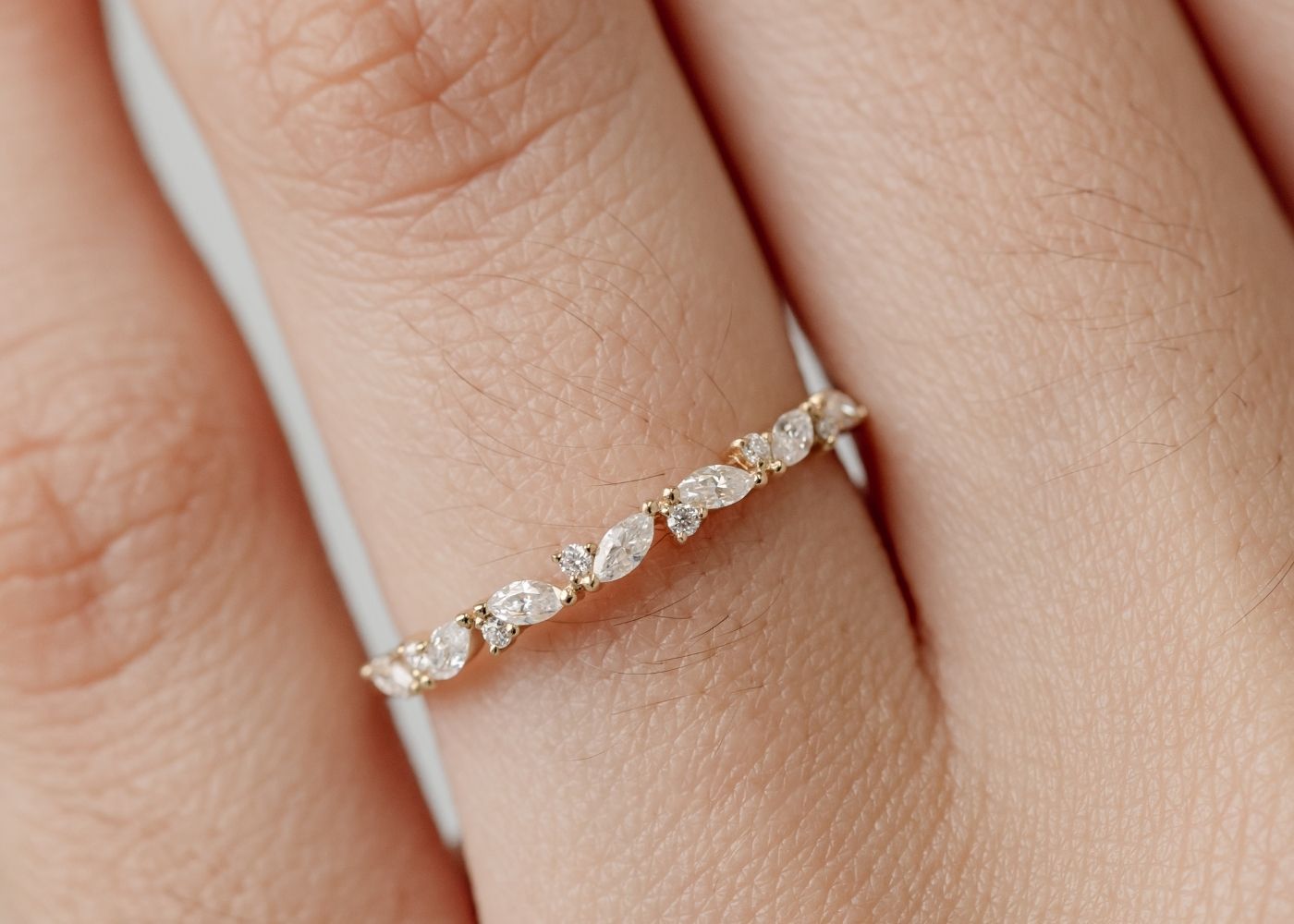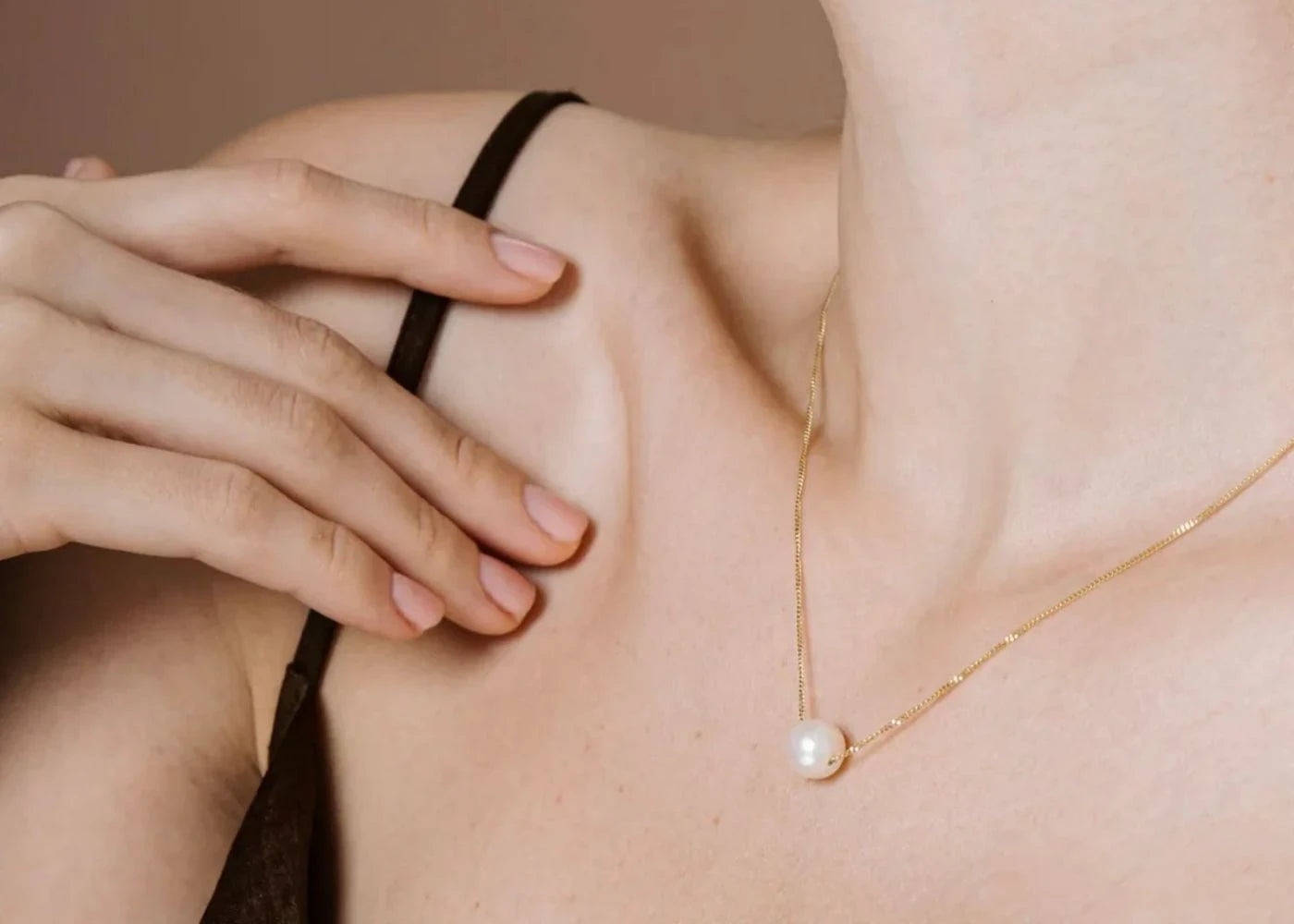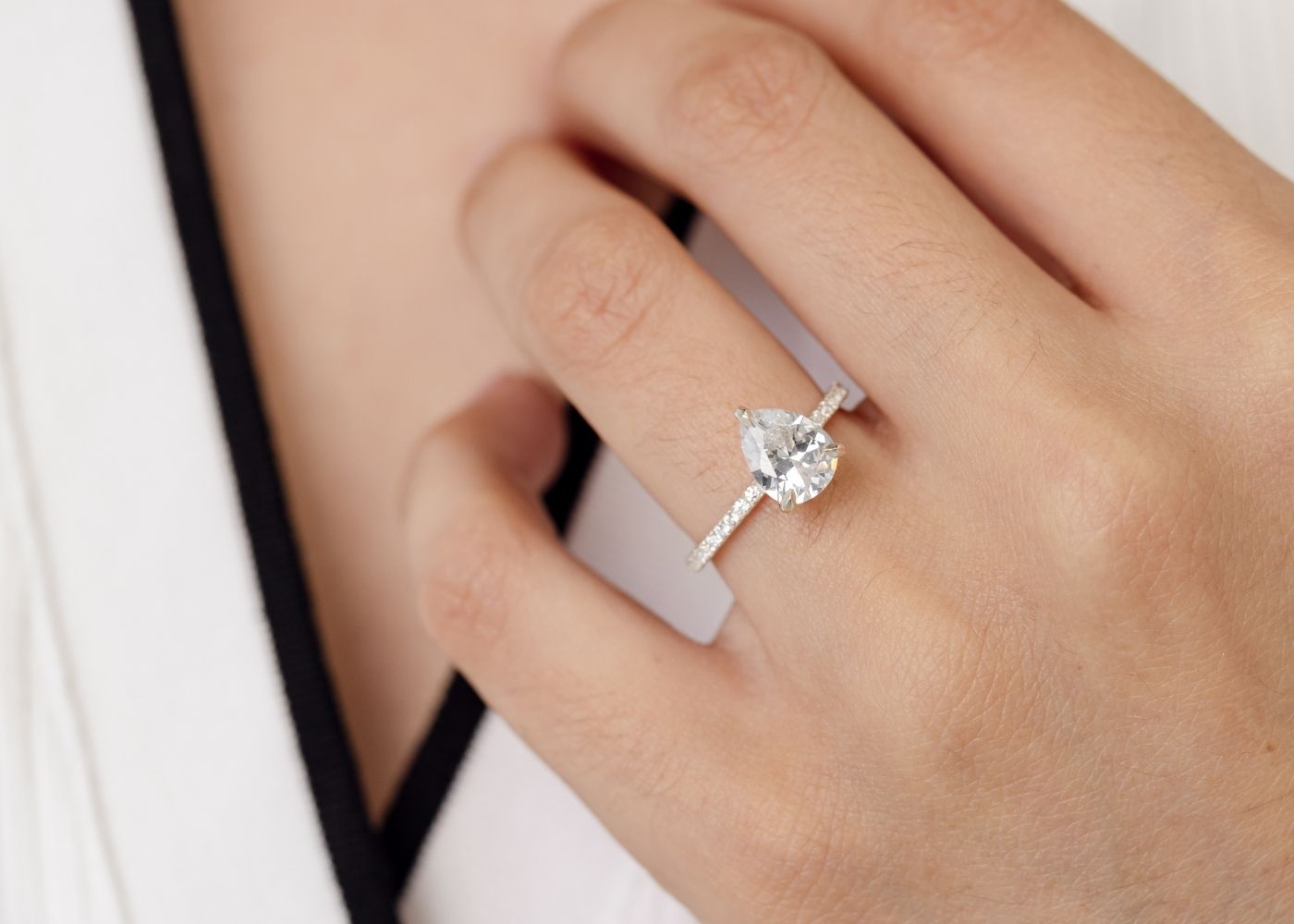Peridot
Etymology
- The origin of the name 'peridot' is uncertain.
- The Oxford English Dictionary suggests it may be an alteration of Anglo-Norman 'pedoretés', a kind of opal.
- The Middle English Dictionary lists several variations of 'peridot'.
- The earliest use of 'peridot' in English dates back to 1705.
- Bishop John bequeathed peridot to the St Albans Abbey in 1245.
Appearance
- Peridot occurs in only one color: olive-green.
- The intensity and tint of the green depend on the percentage of iron in the crystal structure.
- Peridot gems can vary in color from yellow to olive to brownish-green.
- In rare cases, peridot may have a pure green color with no secondary hues.
- Lighter-colored peridot gems have lower iron concentrations.
Mineral properties
- Peridot has an orthorhombic crystal structure.
- The molecular structure consists of isomorphic olivine, silicate, magnesium, and iron.
- Peridot does not oxidize at natural surface temperature and pressure.
- Oxidation begins to occur slowly at 600°C.
- The oxidation of olivine leads to the formation of magnetite and orthopyroxene.
Occurrence
- Peridot is found in mafic and ultramafic rocks, lava, and peridotite xenoliths of the mantle.
- Gem-quality peridot is rare due to its susceptibility to weathering on Earth's surface.
- Peridot can be found in volcanic basalt, pallasitic meteorites, and silica-deficient rocks.
- The main source of peridot olivine is the San Carlos Apache Indian Reservation in Arizona.
- Peridot is also mined in other locations such as Arkansas, Hawaii, Nevada, and various countries worldwide.
Gemology
- Peridot has high birefringence, leading to doubling of facet junctions under magnification.
- Refractive index readings for peridot include α = 1.653, β = 1.670, and γ = 1.689.
- The specific gravity of peridot is approximately 3.36.
- Peridot's color variation is influenced by the iron concentration.
- Inclusions commonly found in peridot include chromite, pyrope, magnesiochromite, and biotite flakes.
Peridot Data Sources
| Reference | URL |
|---|---|
| Glossary | https://harryandcojewellery.com.au/blogs/glossary/peridot |
| Wikipedia | http://en.wikipedia.org/wiki/Peridot |
| Wikidata | |
| Knowledge Graph | https://www.google.com/search?kgmid=/m/0c8xq |

